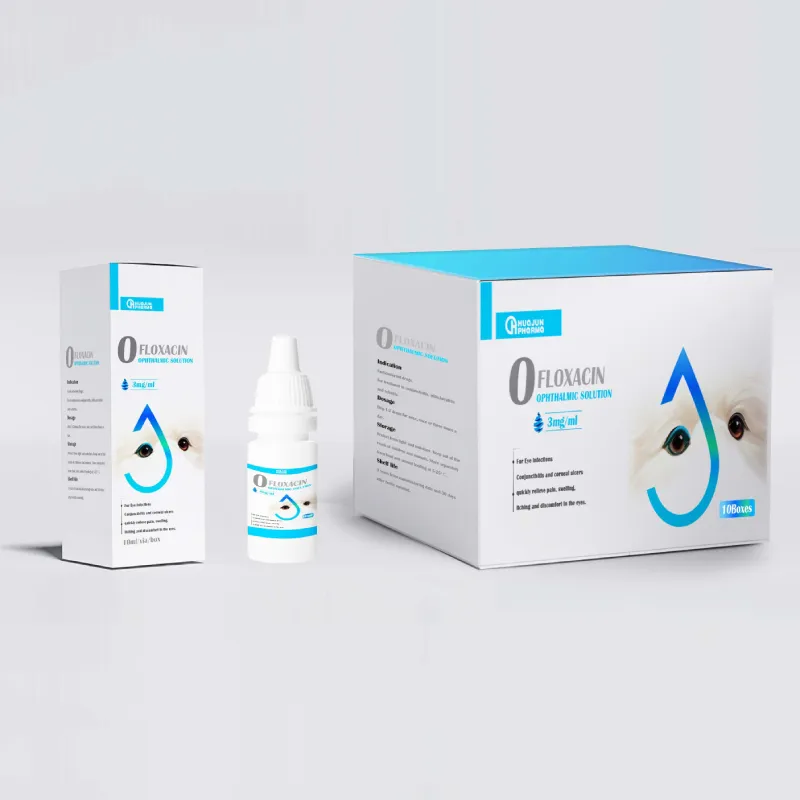
Nov . 16, 2024 15:29 Back to list
mycoplasma pcr manufacturers
Understanding Mycoplasma PCR Manufacturers Ensuring Quality in Molecular Biology
Mycoplasma contamination is a significant concern in cell culture laboratories, particularly in biotechnology and pharmaceutical industries. These tiny bacteria, lacking cell walls, can disrupt experiments and lead to erroneous results. To combat this, the use of Polymerase Chain Reaction (PCR) techniques to detect mycoplasma contamination has become standard practice. This article explores the landscape of mycoplasma PCR manufacturers, their offerings, and the importance of quality assurance in this critical field.
The Importance of Mycoplasma Detection
Mycoplasma species are some of the smallest and simplest free-living bacteria. Unlike conventional bacteria, they do not possess a rigid cell wall, which allows them to easily infiltrate cell cultures. The presence of mycoplasma can alter metabolic processes, affect cell growth, and lead to the production of misleading experimental results. Consequently, detecting and eliminating mycoplasma is paramount for maintaining the integrity of scientific research and product development.
PCR has emerged as the preferred method for mycoplasma detection due to its sensitivity, specificity, and rapid results. This technique amplifies the DNA of mycoplasma to detectable levels, allowing researchers to screen cell cultures effectively.
Leading Mycoplasma PCR Manufacturers
Several manufacturers specialize in providing mycoplasma PCR detection kits and reagents. A few notable companies include
1. Lonza Lonza is a well-respected name in the life sciences sector. They offer a comprehensive range of PCR kits designed for mycoplasma detection, along with robust technical support and validation data. Their kits are designed to be user-friendly and provide reliable results, meeting regulatory standards.
2. Thermo Fisher Scientific A global leader in scientific instrumentation and reagents, Thermo Fisher provides a variety of mycoplasma detection solutions. Their products are often integrated with advanced technologies that enhance sensitivity and reduce time-to-results. They also offer extensive resources and support for researchers.
3. Sigma-Aldrich As part of Merck KGaA, Sigma-Aldrich supplies high-quality reagents and kits for mycoplasma detection. Their PCR kits are well-documented with performance characteristics that aid researchers in choosing the right tools for their applications.
4. ATCC (American Type Culture Collection) ATCC is renowned for its microbial culture collections and provides diagnostic products for mycoplasma testing. Their expertise in cell culture technology complements their product offerings, ensuring that researchers receive tools optimized for cell-based assays.
mycoplasma pcr manufacturers

5. Roche Diagnostics Roche is a global leader in diagnostics and healthcare, providing innovative solutions for mycoplasma detection. Their PCR products are designed for high throughput and accuracy, catering to the needs of both research and diagnostic laboratories.
Key Features to Look for in Mycoplasma PCR Kits
When choosing a mycoplasma PCR manufacturer, researchers should consider several important features
- Sensitivity and Specificity The ability of the kit to accurately detect low levels of mycoplasma without cross-reactivity to other organisms.
- Ease of Use User-friendly protocols and clear instructions can significantly reduce the time and complexity of the testing process.
- Validation and Certification Kits that have undergone rigorous validation and comply with international standards provide assurance of quality and reliability.
- Customer Support Manufacturers that offer extensive technical support and resources can help troubleshoot issues and optimize the testing process.
- Cost-Effectiveness Budget considerations are always vital, so evaluating the cost per test alongside the performance of the kit is crucial.
Conclusion
The challenge of mycoplasma contamination in cell culture environments cannot be underestimated. With the rise of mycoplasma PCR manufacturers offering a variety of detection solutions, researchers have more options than ever to maintain the integrity of their work. By choosing reputable manufacturers and high-quality products, laboratories can ensure accurate results and advance the field of molecular biology with confidence. As the demand for reliable mycoplasma detection grows, so does the importance of selecting the right partners in the quest for scientific excellence.
-
Premium Honeysuckle Products - Leading Honeysuckle Manufacturer & Supplier Factory
NewsJun.10,2025
-
Pulmonary Edema Solutions from Leading Manufacturer & Supplier Reliable Factory Price
NewsJun.10,2025
-
Red Eyes - Leading Red Eyes Manufacturer & Supplier, Premium Quality Factory Price
NewsJun.10,2025
-
Broiler Ascites Syndrome Solutions Top Manufacturers
NewsJun.10,2025
-
Premium Amoxicillin Suppliers Reliable Biomox Mexican Factories
NewsJun.10,2025
-
Top Brewing Cell Wall Solutions Optimized Efficiency
NewsJun.09,2025




